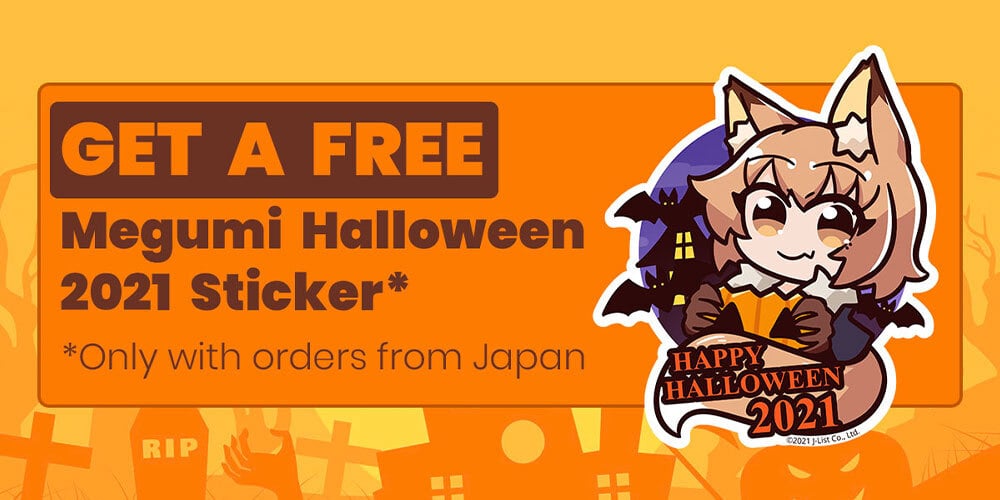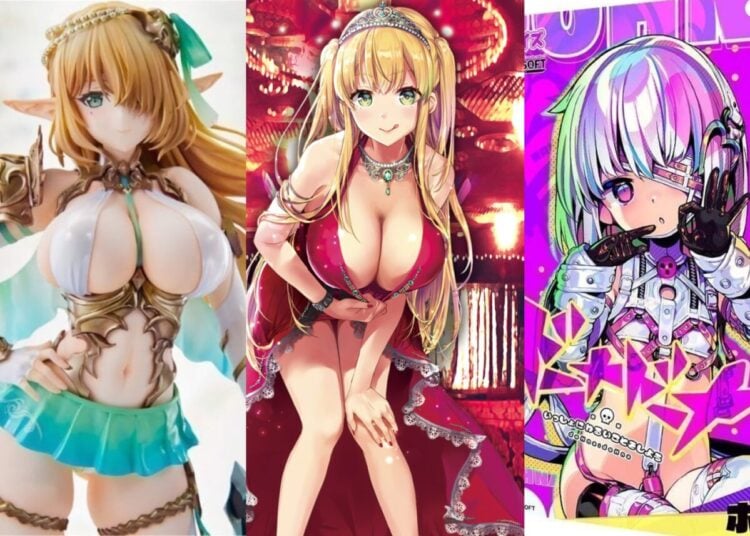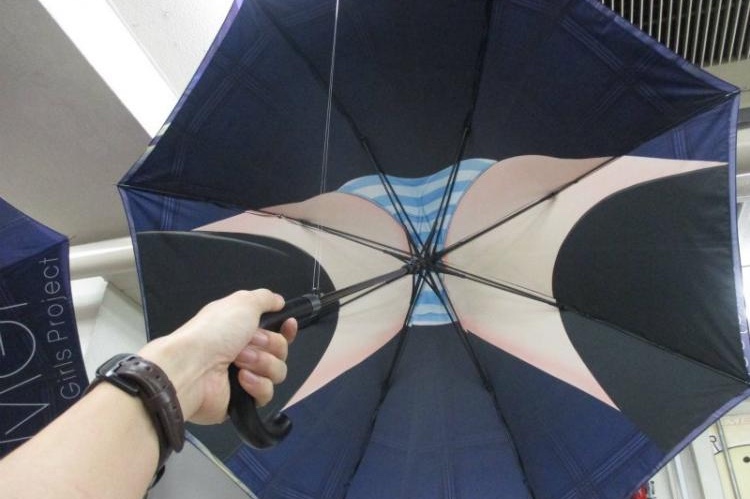I’m fascinated at how a country can look a certain way when viewed from far away culturally and geographically, then look much different when we bring the focus in closer. I thought I’d write a post explaining one of the most basic concepts, how names work in Japanese, especially kanji names. Enjoy!

Japanese Names Are Written in Kanji…Except When They Aren’t
The Japanese language uses Chinese pictographs as its primary writing system. Kanji aren’t just random scribbles — they have lots of internal structure that help readers navigate meanings, for example, the way sky-related characters like cloud (雲) thunder/lightning (雷) and snow (雪) all incorporate the character for rain (雨) at the top, giving you a clue of the meaning ahead of time.
When parents are preparing for the arrival of a new baby, they naturally pick out various names for both girls and boys based on what they find aesthetically pleasing, both in pronunciation as well as the visual layout of the kanji characters. Or they can opt to avoid kanji entirely, and choose a name written in hiragana or katakana. In the example above, Saya’s name from Madoka creator Ubochi Gen’s legendary Saya no Uta is the exotic-looking 沙耶, but Saya from Dagashi Kashi writes her name in katakana, as サヤ, making the character feel more solid and down-to-earth.
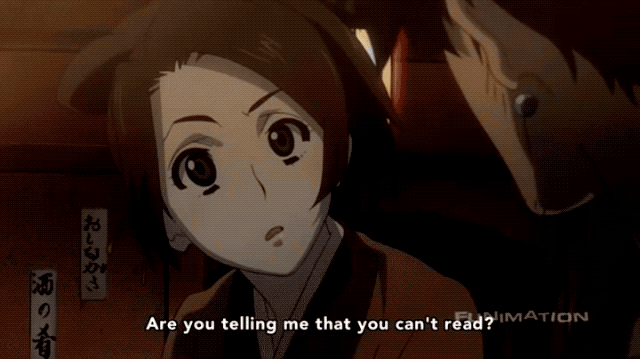
No One Can Read Others’ Kanji Names
Fundamentally, kanji characters used in Japanese have two readings: the ōn’yomi or the Chinese reading, and the kun’yomi or the Japanese reading. The Chinese reading is used for compound words like 水道 suidou (water + road = water pipe) or 空気圧 kuukiatsu (sky + nature/energy + pressure = air pressure), while a character by itself will generally use the simpler Japanese reading, such as 水 mizu for water, or 空 sora for the sky. This is exactly the way English uses Old English words for down-to-earth concepts but turns to French- or Latin-derived words to express more advanced ideas.
Kanji names are… kind of their own thing. While they follow certain general rules, it’s very easy to encounter people whose names virtually no one could read, unless they happen to know the individual and how their name is pronounced.
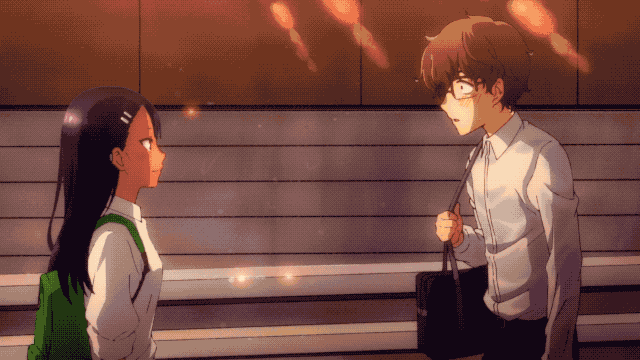
Many Japanese Names are Difficult to Write
In the same way that many names can’t be accurately pronounced aloud without asking the person to tell you how to say their name, many names are too difficult for the average person to write, except for “kanji otaku” who obsess about memorizing difficult kanji characters. (Yes, they’re a thing in Japan.)
Since you can’t “spell” a Chinese character as we would in English, there are two main ways to communicate how to write kanji to someone else. You can describe the characters using familiar words, or else draw the characters in the air, assuming that they’ll be able to get the character you’re referencing. Or in the case of Nagatoro-san, she chose to write her difficult name kanji (長瀞) directly on Senpai’s chest, to better troll him emotionally.
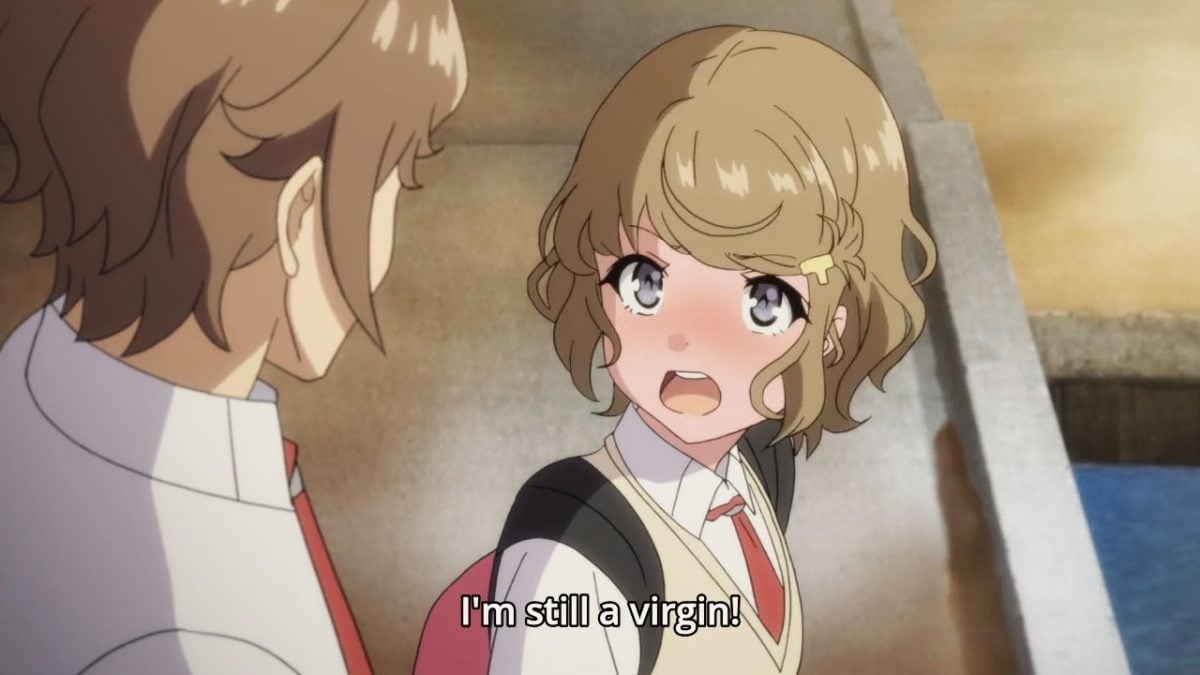
Japanese Names have Long and Short Vowels
I once had a student with the surprising name of Yoko Ohno, family name 大野 Ohno meaning “big field.” When I wished her condolences on the death of her husband John Lennon, she looked at me with an uncomprehending face. It turned out that the famous Yoko Ono’s family name is 小野 Ono, meaning “small field,” and the student had never thought that her family name (“big field”) was similar to the famous Yoko Ono at all. It’d be like someone named Steven King…a famous name phonetically, but with the wrong spelling.
In general, English speakers don’t perceive these long or short vowels any more than we perceive that a spoon, fork and knife use masculine, feminine and neuter gender, as they do in German, which is why I was able to make the joke about my student’s name. Only in a few cases — for example 少女 shoujo (long vowel) meaning “girl” and 処女 shojo (short vowel) meaning “virgin,” or the difference between ojisan (short vowel), meaning one’s uncle or any middle-aged man, and ojiisan (long vowel), meaning one’s grandfather or any man over the age of 65 — could confusion come about due to this linguistic issue.
As a general rule, whenever the longer vowel can be lopped off or ignored without changing the sound, I prefer the shorter name (e.g. Goku instead of Gokuu).
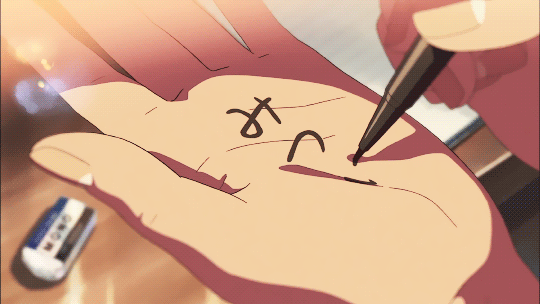
Name Trends Work the Same in Japan as Everywhere Else
We all know that name trends can be pretty annoying. One year all the kids have pretty normal names, and the next they’ve got 72 different spelling variations of the names “Jayden” and “Aaliyah.”
The same mechanism works with kanji names in Japan, and “exotic” baby names with strange and unfamiliar kanji characters come in and out of vogue every few years. 15 years or so ago, there was a trend called kira kira name,” which saw such bizarre names as Tiara (愛羅), Melody (美音) and Mars (火星) being bestowed on poor unwitting children.
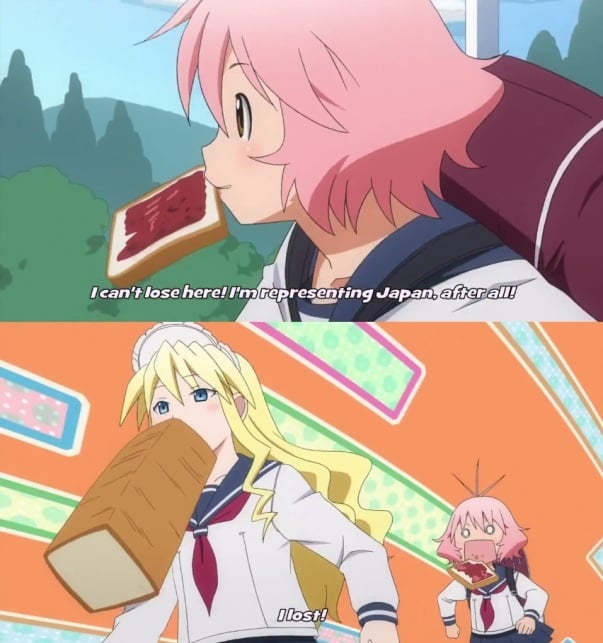
Foreigners Can Have Kanji Names, Too!
Would you like to get your name in kanji? You can, and you can even register your name legally… if you’re dumb like me. When I came to Japan, I thought it’d be cool to have a friend create kanji for my name, which ended up being 飛偉多阿・平院 for Peter Payne. I accidentally registered these ridiculous kanji as my official legal name in Japan, which means that a) medical professionals always wonder what exotic Asian country I must come from before they meet me, and b) I have to write this long name on insurance forms regularly, and it’s a big pain in the butt.
Are you trying to learn Japanese? I’ve got a long post with my general study advice here!

Japanese Have a Lot of Superstitions About Names
Japanese can be a surprisingly superstitious people, and a lot of their local folk beliefs are related to how names work. When our son was born, we wanted to name him 和馬 Kazuma (“peaceful horse”), but our family Shinto priest said that a child with an animal kanji in the name (馬 horse) would be headstrong and not listen to his parents, so we settled on 和樹 Kazuki (“peaceful tree”) instead.
For our daughter, Mrs. J-List insisted we go with a name that had the same number of kanji stokes as in her name “so her daughter would have strong luck” just like she did. (And good luck at meeting future husbands, I interjected.) Because I love the Japanese city of Nara (in kanji, 奈良), we settled on 理奈 Rina for our daughter’s name.
Changing one’s name (other than for reasons of marriage) is considered quite a big deal. When singer Mei Nakabashi (the singing voice of Sheryl from Macross Frontier) changed her name to May’n (“because I want to be the main singer of anime songs for you”), some predicted she would run into some bad luck because of this… but things worked out okay for her. Another singer who changed her name as a way to boost her career had a bad outcome, contracting cancer soon after changing her name. (Which is a lesson in how susceptible Japanese are to urban legends, too…).
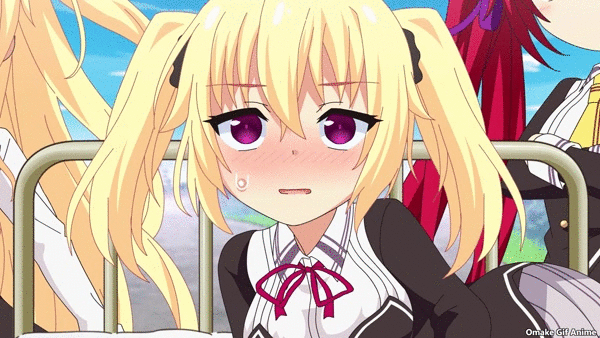
Japanese Names are Hard to Remember
One of my first impressions after arriving in Japan was that the names of my new coworkers, long and unfamiliar names like Yoshiyuki and Junichirou. What makes it worse is that first (given) names are very private to the Japanese, so you don’t hear them spoken all that often. It’s much more common to use a place-holder like senpai or sensei or buchou in lieu of the person’s name… making it all that harder to learn people’s names properly.
When I’d go out drinking in Tokyo (back before Covid times) I would develop strategies to remember the names of people I met, whether it was surreptitiously writing them down in my phone or even hitting the handy “Just Press Record” app button in my Apple Watch so I could make sure I had a record of the names of the people I’d met.
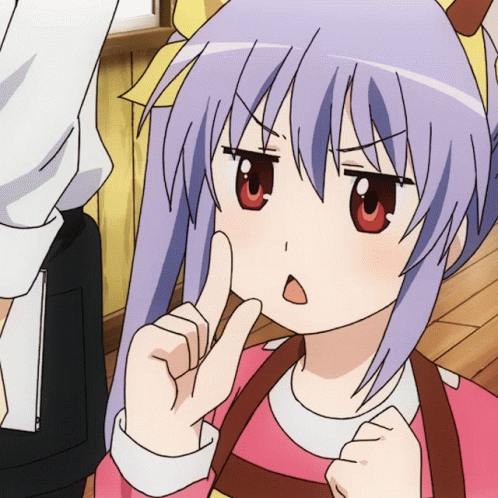
Some Kanji Names are Not Allowed
There are rules to follow when it comes to naming children, including:
- The names should be present in the list of officially recognized characters taught as part of standard education.
- Archaic versions of modern characters are not allowed.
- Some names can be banned without warning. When a family tried to name their son Akuma (“demon”), the local government stepped in and forced the parents to come up with a different name.
Thanks for reading this blog post about how Japanese names work, especially kanji names. Got any topics you’d like us to write about? Tell us below, or on Twitter!
It’s that time of year again, as all of us prepare to enter the scariest month. J-List is celebrating with awesome and adorable limited Megumi Halloween stickers, which we’ll include with every order shipping from Japan! Get browsing now and we’ll put a sticker inside your order, until we run out of them, that is.


